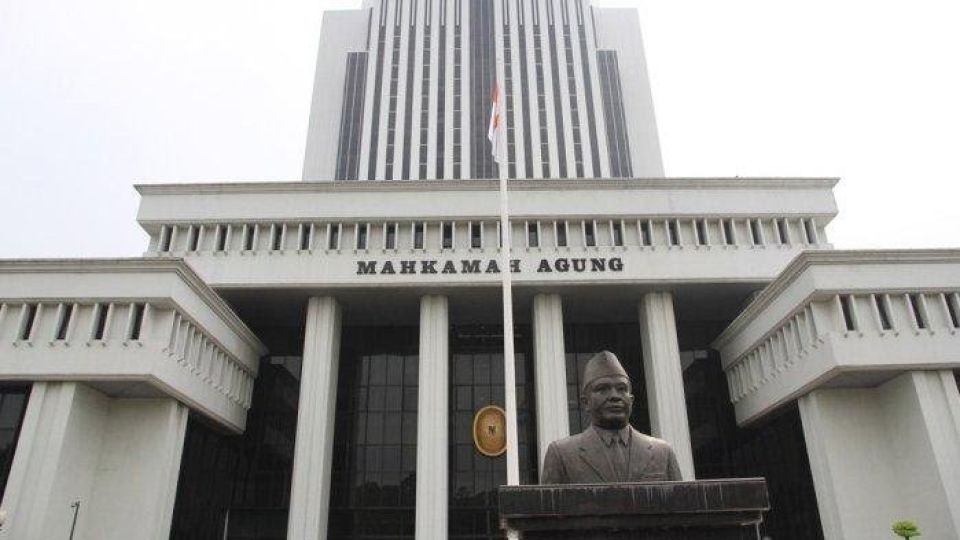July 21, 2023
JAKARTA – The Supreme Court has prohibited lower courts from granting any request to legalize interfaith marriage as a requirement for registration at the civil registry office, quashing hope that the state will allow and facilitate interfaith marriages.
The prohibition was stipulated in a circular issued on Monday. The letter, signed by Supreme Court Chief Justice Muhammad Syarifuddin, ordered judges to uphold Article 2 of the 1974 Marriage Law. The law mandates that a marriage can only be considered legitimate if it is done according to a religion the bride and groom follow.
“The court can’t grant any request for registration of marriages between people of different religions and beliefs,” the court wrote in the circular.
According to the 2006 Civil Administration Law, married couples can register their marriage at the religious affairs office (KUA) for Muslims and the civil registry office for non-Muslims. The law stipulates that interfaith couple can also register their marriage with the registry office after obtaining authorization from the court.
The Supreme Court issued the circular several months after a district court in Jakarta made headlines for granting a marriage registration request from a Christian man and Muslim woman.
A panel of judges at the Central Jakarta District Court ruled in June and granted the couple’s request to register their marriage. Presiding judge Bintang AL then argued that interfaith marriage is reasonable and likely to happen given the country’s geographic condition and heterogeneity of the population, as written in the ruling.
The Indonesian Ulema Council (MUI) lauded the Supreme Court’s prohibition for providing legal certainty and closing legal loopholes for interfaith marriage. “All parties must obey the circular, especially judges who don’t understand or pretend not to understand the Marriage Law,” said MUI fatwa head Asrorun Ni’am in a statement on Tuesday.
But the Supreme Court’s circular was a setback for any guarantee interfaith couples could get their marriage acknowledged by the state, according to rights group Setara Institute.
“The circular closes any progress made by the state’s judicial institutions in guaranteeing the rights of citizens from various backgrounds,” Setara Institute executive director Halili Hasan said on Wednesday.
It was not necessary for the Supreme Court to issue such a circular, said Ahmad Suaedy, a lecturer at Nahdlatul Ulama Indonesia University in Jakarta. Islam, he added, acknowledges various interpretations of interfaith marriage, with some ulemas agreeing that the religion allows it.
The Constitutional Court previously rejected a petition to challenge the interfaith marriage provision in the 1974 Marriage Law. Nine justices of the court unanimously rejected in January the petition filed by E. Ramos Petege, a Papuan who challenged the law for not accommodating the union between people from different faiths.
Ramos, a Catholic man, filed the petition after his and his Muslim partner of three years’ marriage wish was annulled.
The justices argued that the Marriage Law treats marriage solely from a religion perspective. Since Indonesia is not a theocratic state, marriages can only be sanctioned by a religious institution.


